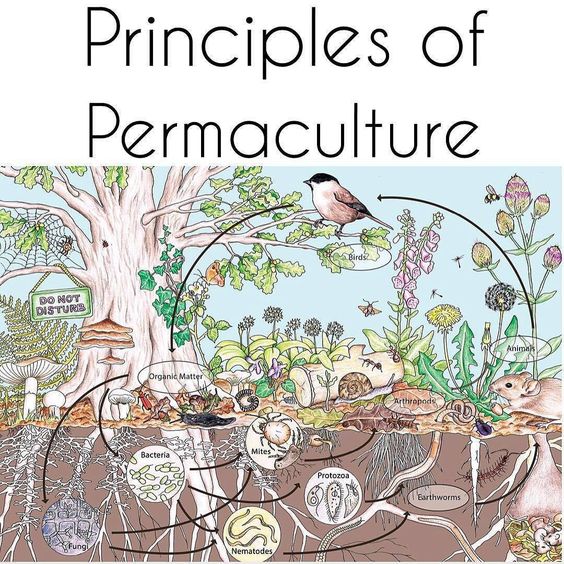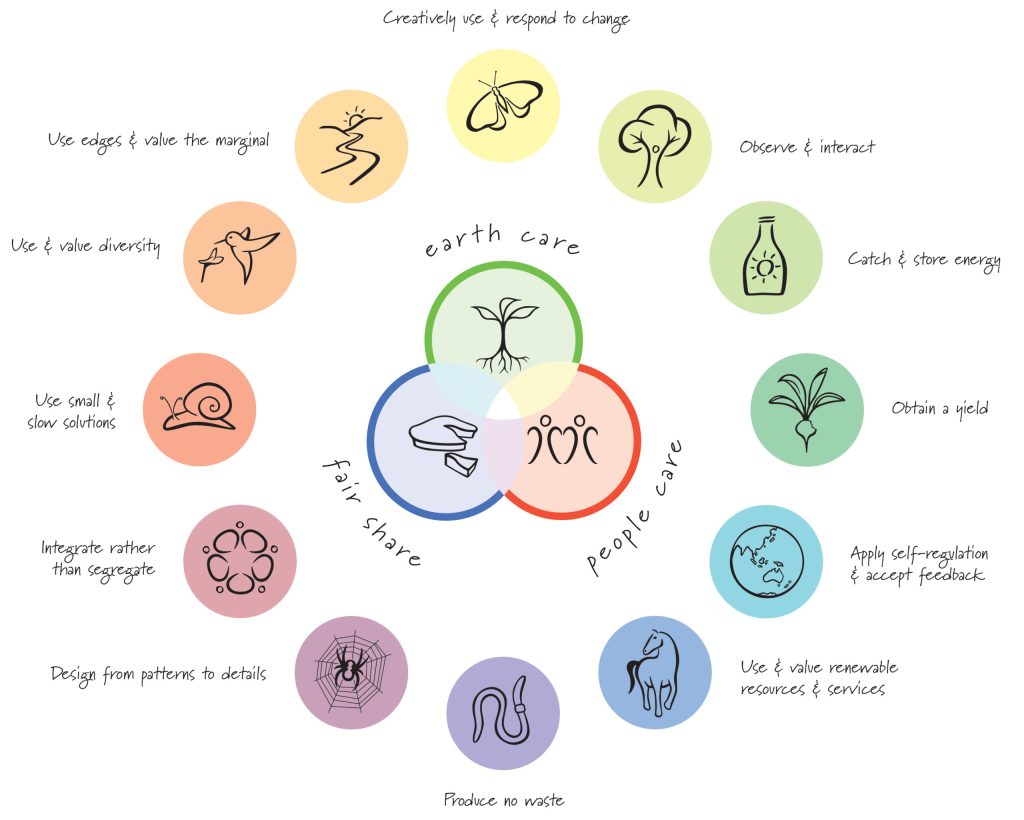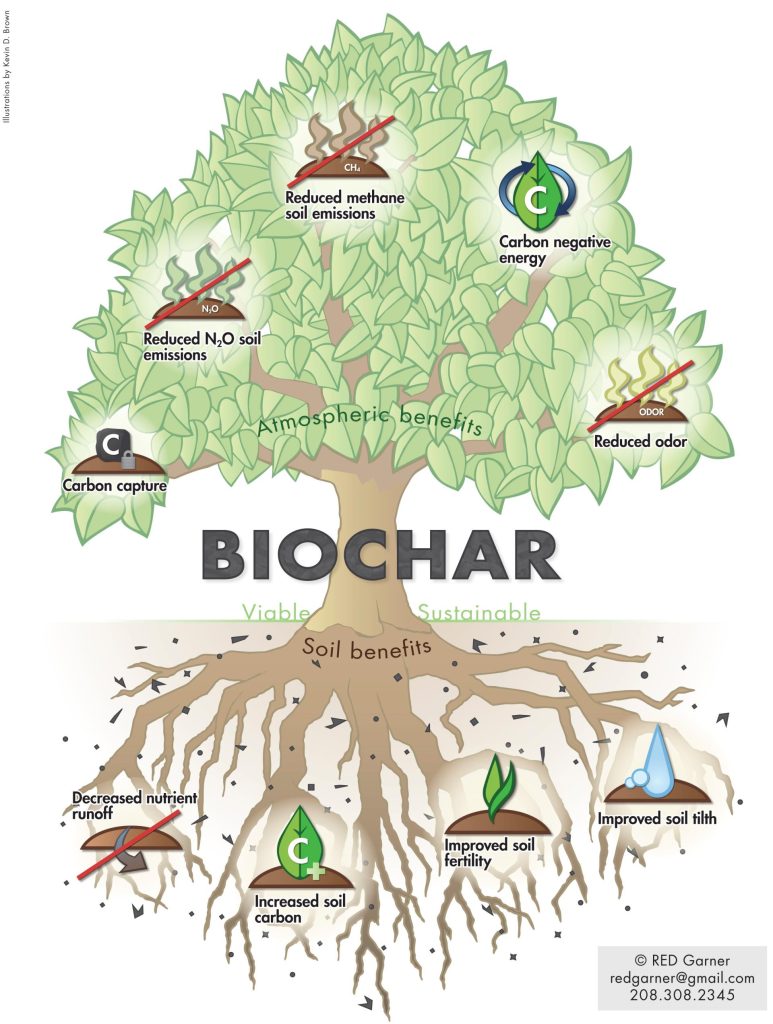We design Permaculture ecofarms with focus on Mediterrenean and Temperate-Cold Clima.
With Local Communities, Permaculture principles, Inspired by Nature.

Explore our permaculture projects
How we work
What is Permaculture:
Permaculture is a design system that seeks to create sustainable and regenerative human settlements by mimicking natural ecosystems. It combines principles from ecology, agriculture, and social systems to create resilient and productive systems that work in harmony with nature. The core principles of permaculture include care for the Earth, care for people, and fair sharing of resources. Permaculture aims to minimize waste, promote biodiversity, conserve resources, and create abundance through thoughtful design and integration of elements such as plants, animals, water, energy, and buildings. It encourages the use of organic and regenerative farming practices, emphasizes the importance of community and self-sufficiency, and promotes a holistic approach to sustainable living. Overall, permaculture offers a framework for designing and managing systems that are both productive and environmentally friendly, with the goal of creating a more resilient and sustainable future.


What we do
We observe and collect data about climate, water sources and rainfall, topography and geology, structure of soil and bacterial activity, land vocation and local community culture.
We process all the data and combine it with the data collected about personal or group interests and purposes.
We provide a detailed plan and strategy to face the transition to a fully productive food system where the natural regenerative processes of the soil are enhanced and guided to a long term balance.
Our approach
We utilize innovative systems-approach to consciously design landscapes, human settlements and smallholder farming systems that integrate functional diversity and biological fertility by mimicking natural eco-systems.


Why we use biochar
Biochar is the lightweight black residue, made of carbon and ashes, remaining after the pyrolysis of biomass.
Biochar is by far more efficient at converting/sequestering carbon into a stable form and is cleaner than other forms of charcoal.
This process is modeled after a 2,000-year-old practice in the Amazonian basin, where indigenous people created areas of rich, fertile soils called terra preta (meaning “dark earth”).
Researchers suggested applying biochar to degraded soils in order to enhance its quality. Some of the ways that biochar may help improve soil quality include:
-enhancing soil structure
-increasing water retention and aggregation
-decreasing acidity
-reducing nitrous oxide emissions
-improving porosity
-regulating nitrogen leaching
-improving electrical conductivity
-improving microbial properties
We mix biochar with different composts or other materials to inoculate it with nutrients and beneficial organisms before applying it to agricultural soils.
